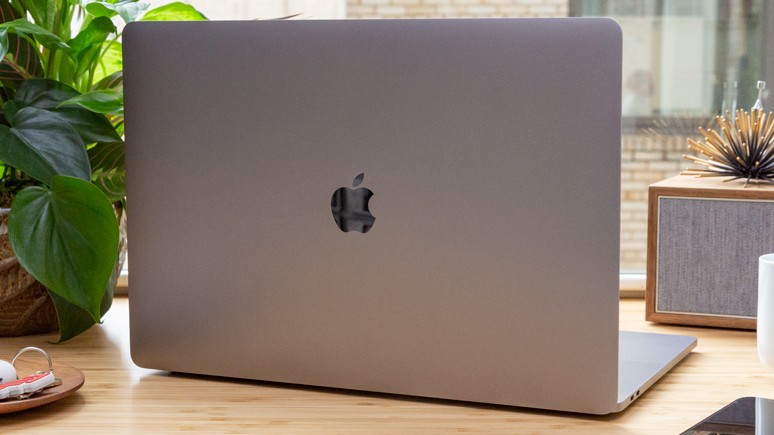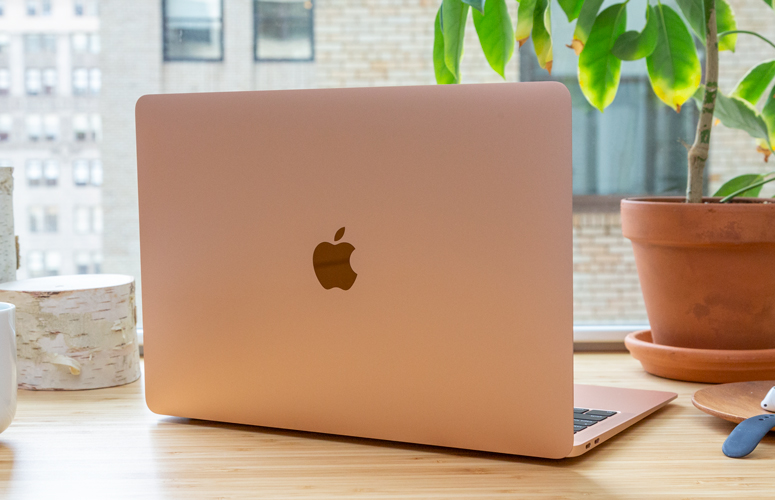macOS 15 could end support for these popular MacBooks — is yours on the list?
Intel MacBooks may pay the price for the Apple Silicon transition

macOS Sonoma was just announced last month at WWDC and there are some enticing macOS 14 features that may convince you to update, but not everyone has that option. MacBooks made before 2018 didn't make the cut for support this year and it's possible the last of the Intel-based MacBooks will join them next year with the release of macOS 15.
That speculation stems from extensive research done by ArsTechnica surrounding macOS support going all the way back to 1998, which lays out the case for Apple potentially hitting the kill switch early on Intel Macs due in large part to the Apple Silicon transition that kicked off in 2020.
Which MacBooks would this effect?
- 2018 MacBook Air
- 2018 MacBook Pro
- 2019 MacBook Air
- 2019 MacBook Pro
- 2020 MacBook Air (Intel)
- 2020 MacBook Pro (Intel)
Keep in mind again that this is speculation, Apple won't announce the official list of devices supported by macOS 15 until WWDC 2024. Most would agree that the 2018 MacBook models are likely to be dropped, but the real question lies with those last Intel-based 2019-2020 models.
Ars looked to the PowerPC transition back in 2006, when Apple originally moved to Intel, for some instruction on how aggressive the company could be in dropping support for the previous generation laptops. The very last of the PowerPC laptops (the plastic white 2008 MacBook) "received only 2.7 years of new macOS updates and 3.3 years of security updates from the time it was introduced."
So while cutting off laptops released in 2020 might feel aggressive, it would not be completely unprecedented for Apple. One possible differentiating factor this time around is that MacBooks were wildly more popular in 2020 than they were back in 2008, so Apple has far more customers to worry about upsetting.

Apple was also selling some Intel-based desktops into 2023: the 2018 Mac Mini and 2019 Mac Pro. While it would be hard to argue anyone bought those computers not knowing that Apple Silicon was the way of the future, they also likely didn't expect to only see one major OS update for their computers. So that may be a second reason for Apple to stay the execution on the last of the Intel-based MacBooks until macOS 16 in 2025.
Now we are talking about the end of new OS updates, not security updates, which as highlighted above will typically extend for at least another 3 years beyond the end of major OS updates.
Sign up to receive The Snapshot, a free special dispatch from Laptop Mag, in your inbox.
So if you are reading this from an Intel-based MacBook, don't panic, regardless of whether Apple drops support with macOS 15 or macOS 16, your laptop isn't going to suddenly stop working. Apple will certainly continue to offer security updates that will have your laptop running safely, you just won't be getting whatever the latest and greatest new macOS features might be.
One of the key takeaways from this is for those that are looking at purchasing a used MacBook. Steer clear of Intel-based MacBooks, while there was some trepidation early on, Apple Silicon is thoroughly proven and even the original M1 MacBook Air remains one of the best Apple laptops, so if you are looking for the most affordable MacBook that is where you should draw the line.
As for the actual fate of Intel-based MacBook support, we'll have to wait until WWDC 2024 for the answer.
Sean Riley has been covering tech professionally for over a decade now. Most of that time was as a freelancer covering varied topics including phones, wearables, tablets, smart home devices, laptops, AR, VR, mobile payments, fintech, and more. Sean is the resident mobile expert at Laptop Mag, specializing in phones and wearables, you'll find plenty of news, reviews, how-to, and opinion pieces on these subjects from him here. But Laptop Mag has also proven a perfect fit for that broad range of interests with reviews and news on the latest laptops, VR games, and computer accessories along with coverage on everything from NFTs to cybersecurity and more.

